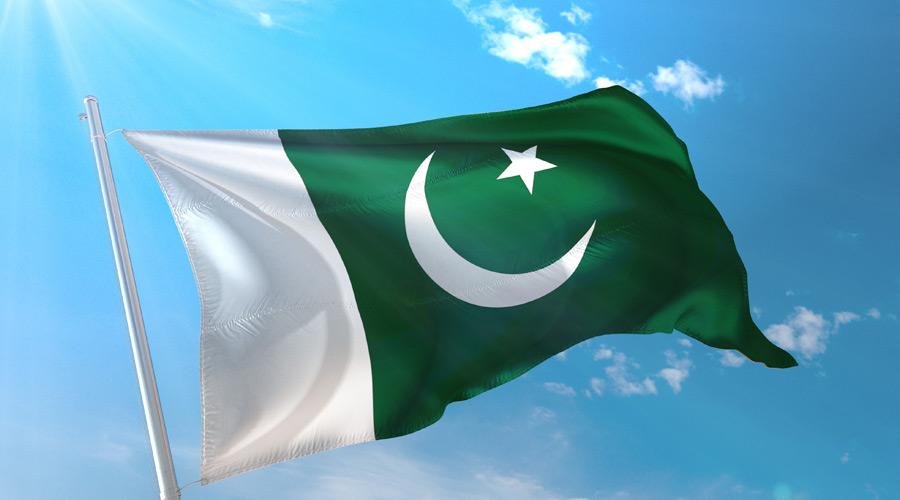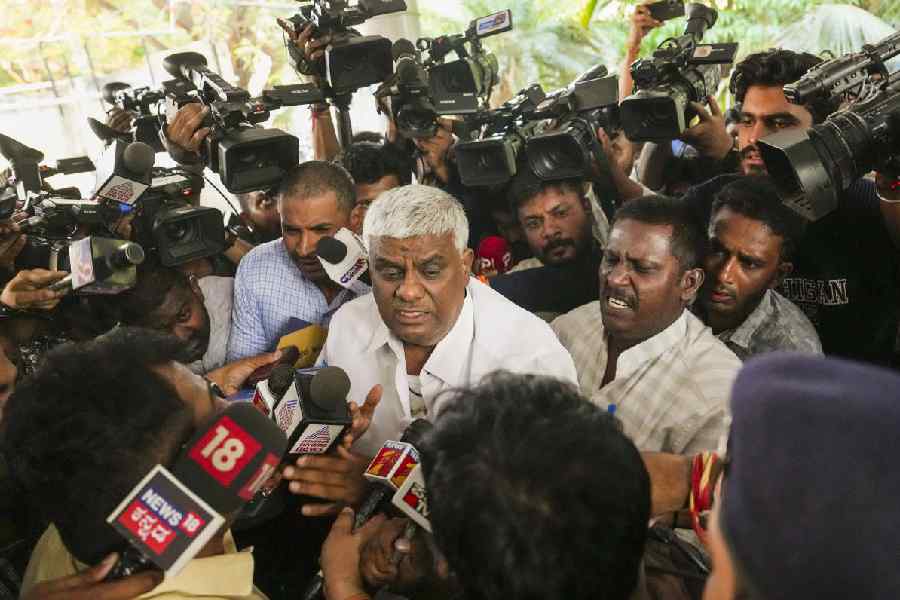Is a no-confidence motion against Prime Minister Imran Khan in the offing? Will it be tabled? If so, will it be successful? Will parties allied to the government help the Opposition in ousting Khan? Will some members of the ruling Pakistan Tehreek-e-Insaf switch loyalties to the Opposition? What is the Opposition’s plan if the no-confidence motion is successful? These are the questions that are being asked on our television screens on a daily basis in the past few weeks because we saw unusual activity by the Opposition parties in February.
On February 5, the Pakistan Peoples Party chairperson, Bilawal Bhutto Zardari, and the former president, Asif Ali Zardari, went for a luncheon meeting at the residence of the leader of the Pakistan Muslim League-Nawaz, Shahbaz Sharif. His son, Hamza Shahbaz, and niece, Maryam Nawaz, were also present at the meeting along with other party stalwarts. Two days later, the PPP co-chairperson, Asif Zardari, went to meet the leaders of the Pakistan Muslim League-Quaid, Chaudhry Shujaat Hussain and Chaudhry Pervaiz Elahi. The PML-Q is an ally of the ruling PTI in Punjab as well as in the Centre.
February also saw the Jamiat Ulema-e-Islam Fazl chief, Maulana Fazlur Rehman, visiting the Chaudhry brothers. But the most interesting meeting was between Shahbaz Sharif and the PML-Q leadership at the Chaudhry residence after a gap of 14 years. The PML-N and the PML-Q share a bitter history. When the Sharifs went into exile after Pervez Musharraf’s coup, the PML-Q was formed out of the PML-N. When Nawaz Sharif came back to Pakistan, some believed that the two parties would merge again but that didn’t happen. The Chaudhry brothers and the Sharifs do not necessarily see eye to eye on issues. There is also a trust deficit between the two parties. Reports suggest that the meeting between Shahbaz Sharif and the Chaudhry brothers was an ice-breaker. Whether it translates into anything concrete is still up in the air despite several meetings between the PML-Q and Opposition parties. Some reports suggest that the PML-Q has asked Chaudhry Pervaiz Elahi to get the seat of the Punjab chief minister in case of a successful no-confidence motion. Nawaz Sharif will make the final decision.
While all this activity is exciting for the news cycle, the history of no-confidence motions in Pakistan is not inspiring. Apart from one successful no-confidence motion against Prime Minister I.I. Chundrigar in 1957, no other such move has been successful. In 1989, a no-confidence vote against the then prime minister, Benazir Bhutto, failed; another, against Shaukat Aziz, was also defeated in 2006. It is not easy to unseat a prime minister when the government’s might rests with him. If we look at the numbers, the government and its allies have 179 seats in the National Assembly; the combined Opposition has 162 seats. The ‘magic number’ required for success is 172. On paper, the Opposition needs 10 votes but given the influence that any sitting government enjoys, it will be extremely difficult to manage these. Also, since there is a defection clause, talks of a forward bloc within the ruling party may also prove to be a hurdle.
Some analysts believe that while the Opposition may be serious in tabling a no-confidence motion against Khan, it will not be able to do it. Others believe that even if the Opposition tables the motion, it will not be successful. But there are some who believe that not only will the Opposition table the no-confidence motion but that it will also be successful. The only issue is: what next?
Opposition leaders have not given a timeline for the no-confidence motion. When they are asked how soon will the next elections be announced in the aftermath of a successful no-confidence move or whether the ‘interim’ government would be in power till the next general elections, we are given vague answers. Some reports suggest that the PML-N would like early elections but other Opposition parties and the government’s allies are not inclined. Then there is the question of the provincial assemblies. Will they also go for early elections if the Centre goes for polls?
As they say, there’s many a slip between the cup and the lip.










